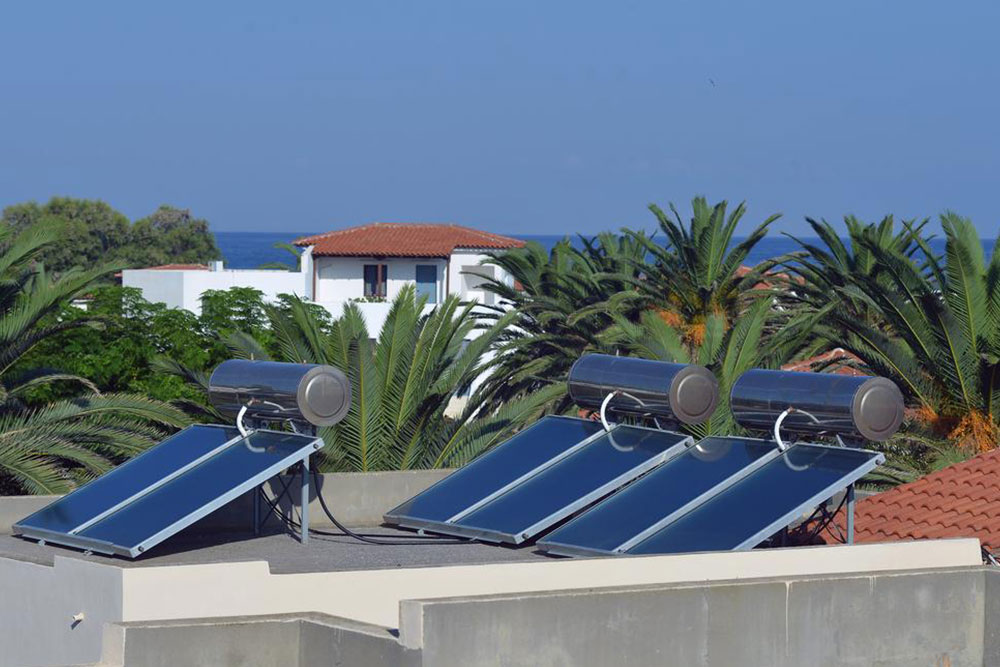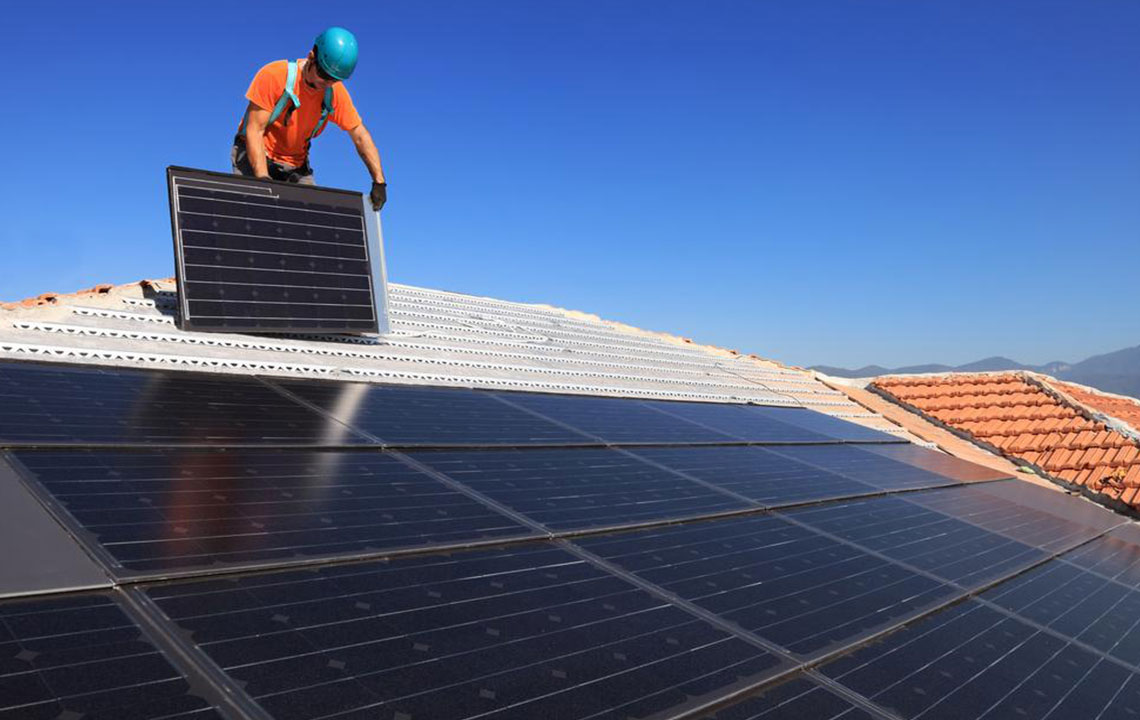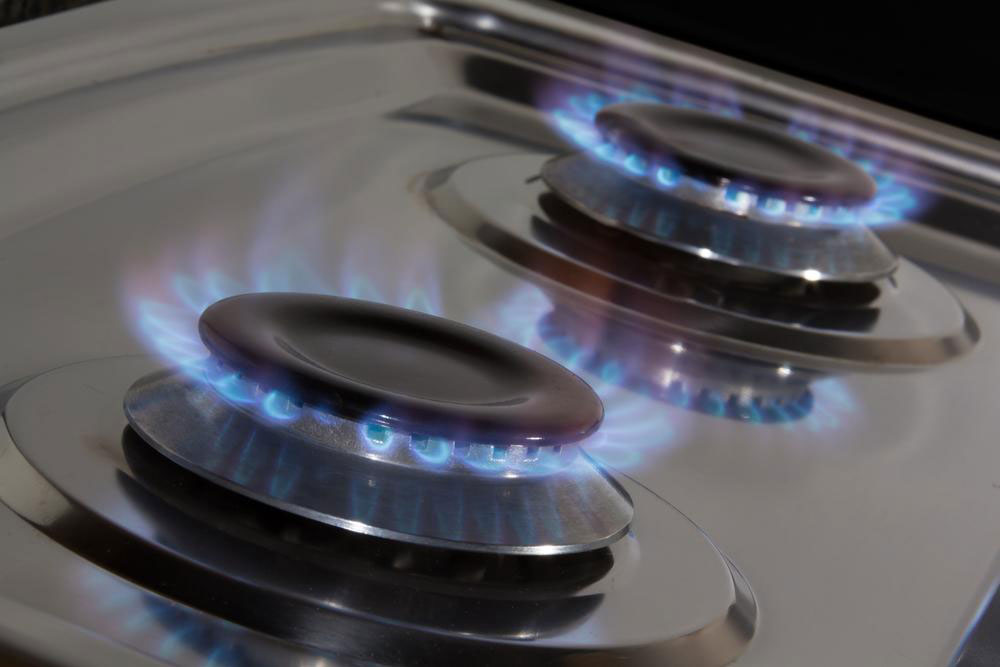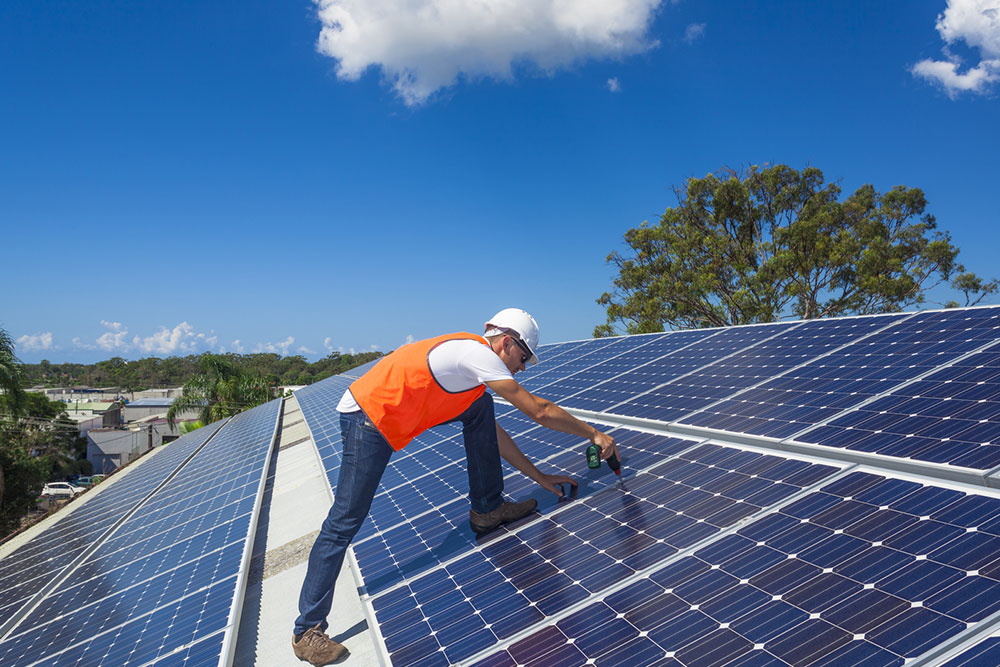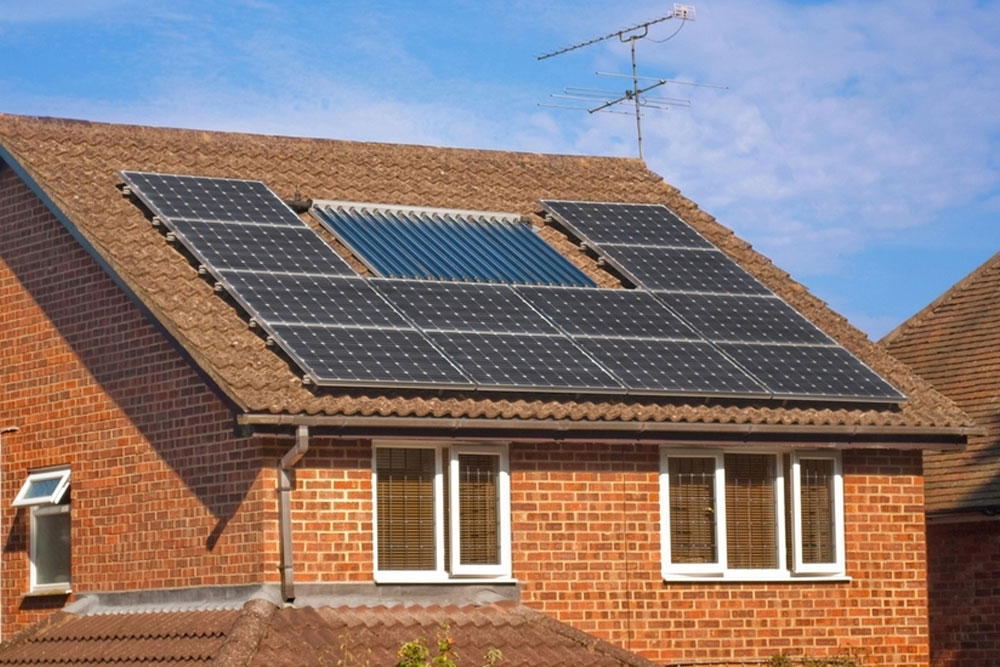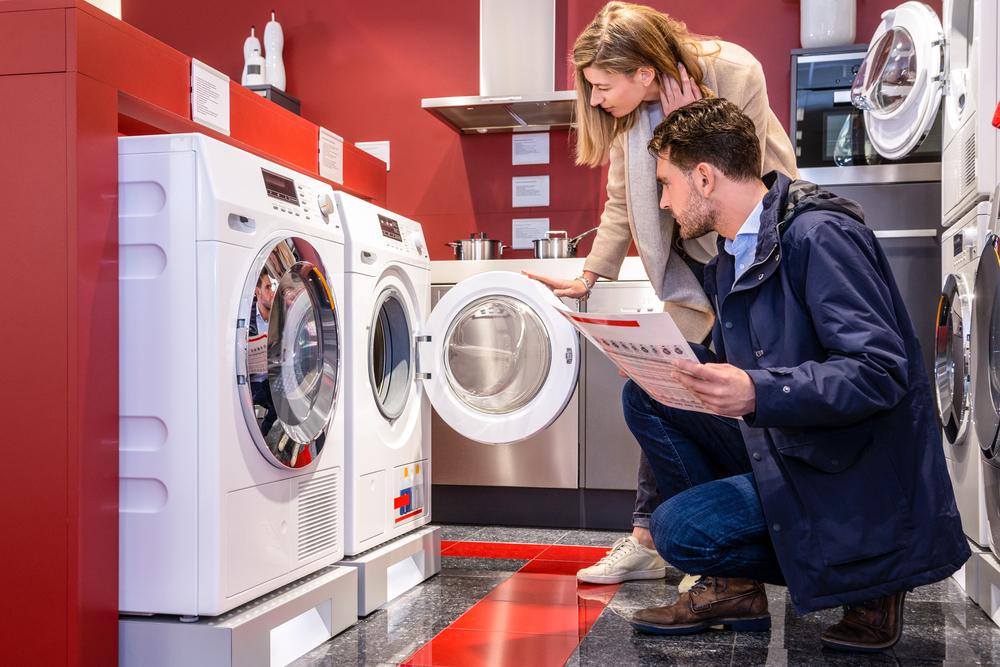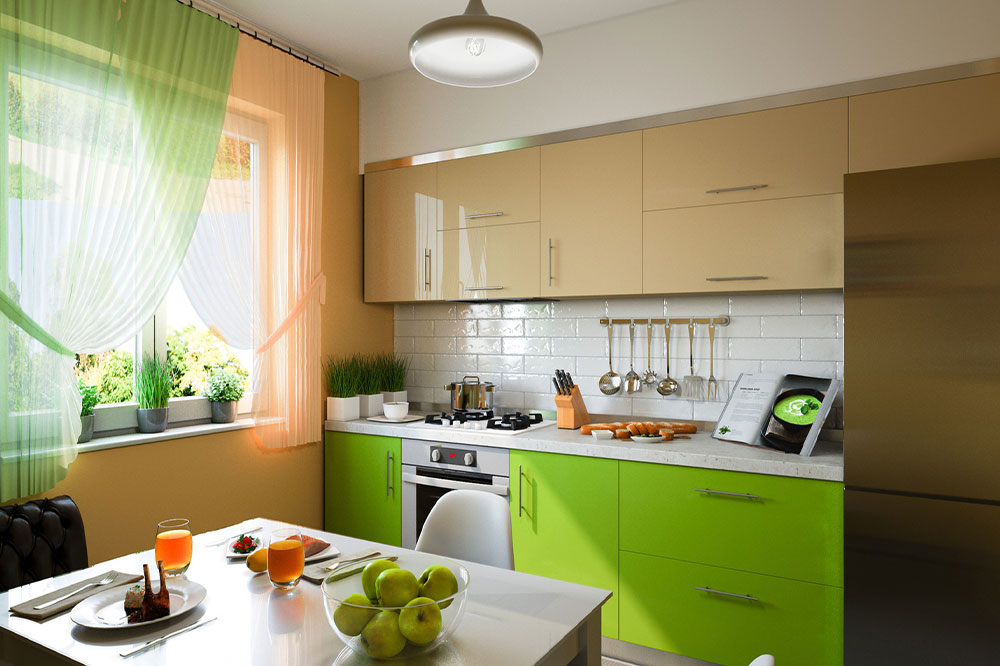Advantages of Installing Solar Panels in Residential Homes
Discover the numerous advantages of residential solar panel installation, including cost savings, environmental benefits, and property value enhancement. Learn about technological advancements, government incentives, and tips for choosing the right system. With growing affordability and availability, now is an excellent time to transition to solar energy, making your home more energy-efficient and eco-friendly.
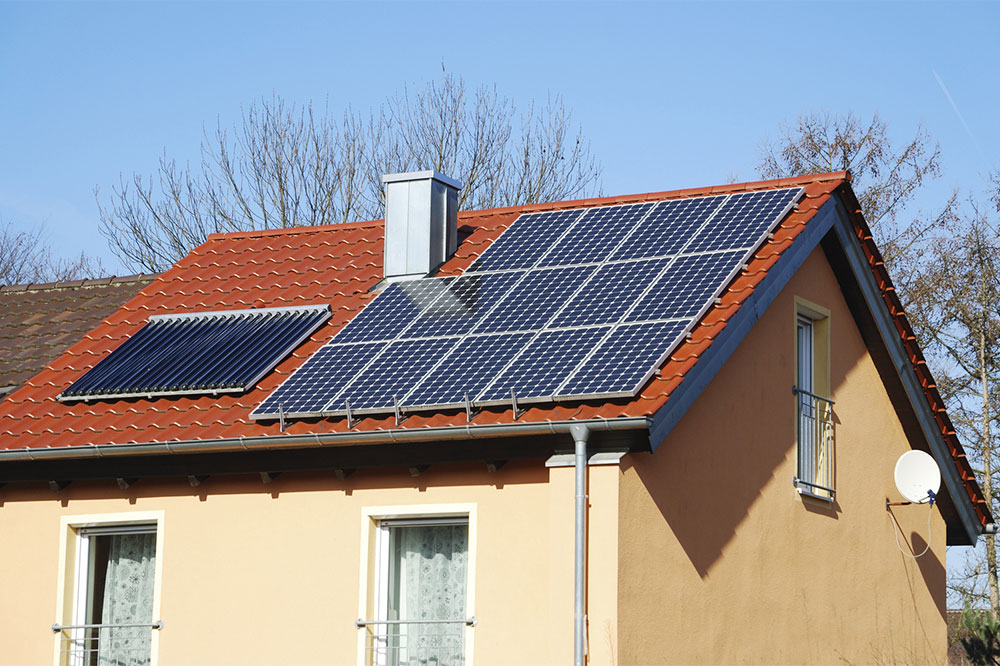
Advantages of Installing Solar Panels in Residential Homes
In recent years, solar energy has become increasingly popular for residential use. It offers an eco-friendly alternative to traditional power sources and leads to significant cost savings. Solar panels use silicon crystals to convert sunlight into electricity. Typically installed on rooftops or nearby structures, the average initial investment for residential solar panels ranges from $3,500 to $16,000.
Reasons Behind Growing Adoption of Home Solar Systems
Over one million American households now harness solar power, reflecting the rising trend in installations.
Curious about the surge in residential solar use? Here's what makes it so appealing:
Government Incentives
Many governments offer loans and guarantees to homeowners adopting solar energy, reducing reliance on the national grid and lowering environmental impact from fossil fuels. This support significantly boosts solar panel adoption.
Home Value Enhancement
Homes with solar systems tend to be more valuable due to reduced energy bills and increased self-sufficiency, making them attractive to buyers.
Advancements in Solar Technology
Modern solar panels are highly efficient, converting over 20% of sunlight into electricity, compared to just 4% when first developed. This efficiency boost explains the higher prevalence of residential solar installations today.
Solar Panel Installation for Homes
With over a million homes already adopting solar energy, and many more considering it, now is the ideal time to invest. Falling costs, government incentives, and improved technology are making solar panels more accessible. Critical factors include assessing your roof’s placement and inclination, estimating energy needs, and understanding installation costs and system durability.
Benefits of Residential Solar Power
Solar energy is renewable, abundant, and environmentally friendly. As costs decline annually, more Americans are transitioning to solar energy. Leading solar providers are expanding production to meet demand. Installing solar panels on your home can save money, enhance property value, and reduce your carbon footprint.
Cost Savings
Installing rooftop solar can cut electricity bills by up to 95%, providing immediate financial relief. Solar panels allow you to generate your own power directly from sunlight, decreasing dependence on the grid.
Affordable Investment
Though initial installation costs can be high, government discounts and subsidies help offset expenses. Solar systems are durable, with a lifespan of up to 25 years, and require minimal maintenance—mainly periodic cleaning to remove dust or leaves.
Environmental Impact
Each kilowatt-hour of solar energy reduces harmful emissions, including greenhouse gases and pollutants like sulfur and nitrogen oxides. Solar power also conserves water compared to traditional energy sources.
Buying Solar Panels Online
With solar energy's low environmental impact, online purchasing options from leading providers like SunPower, Tesla, Blue Raven, and others offer convenience, warranties, and secure transactions. Consulting remotely simplifies the process and saves time, making it easier than ever to go solar.

